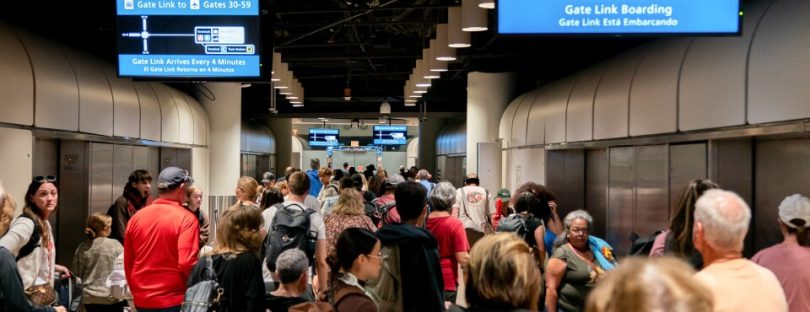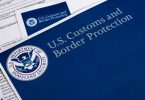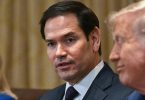The State Department will impose bonds as high as $15,000 for tourism and business traveler visas issued to visitors from countries with significant overstay rates.
The agency rolled out the bonds through a 12-month pilot program established in a temporary final rule released Monday. The program will also include countries where the agency has found inadequate screening of applicants and those offering citizenship by investment with no residency requirement.
The State Department called the pilot “a key pillar of the Trump administration’s foreign policy to protect the United States from the clear national security threat posed by visa overstays and deficient screening and vetting.”
The pilot renews an initiative from the final months of President Donald Trump’s first term that was never implemented thanks to travel disruptions from the Covid-19 pandemic.
Consular officers will have discretion to require $5,000, $10,000, or $15,000 bonds for covered visitors. There won’t be an option to apply for waivers, but officers may waive bonds for urgent humanitarian needs or other limited circumstances.
Travelers will also be required to enter and leave the US through designated airports to be announced later by the State Department. After leaving the US on time, they’ll be entitled to a full refund of the bond.
Countries covered by the pilot program will be announced soon, the agency said. The 2020 version of the pilot included 23 countries, among them: Afghanistan, Angola, Chad, Democratic Republic of the Congo, Eritrea, Iran, Laos, Liberia, Libya, Mauritania, Sudan, Syria, and Yemen.
A 2023 Department of Homeland Security report found more than 314,000 overstays by travelers on B-1 business visitor or B-2 tourist visas. State said it couldn’t offer an estimate of the number of visa applicants affected, but expects a limited number of countries.
The scope of the pilot program appeared to be limited, most likely affecting countries with relatively low travel volume to the US, Erik Hansen, senior vice president of government relations at U.S. Travel Association, said in a statement. But it comes amid other new costs such as a $250 visa integrity fee recently enacted by Congress for all visa categories.
“If we are to maintain a competitive position in the global travel market, it’s critical that U.S. visa policy reflects both national security priorities and the significant economic value of international visitation,” Hansen said.










